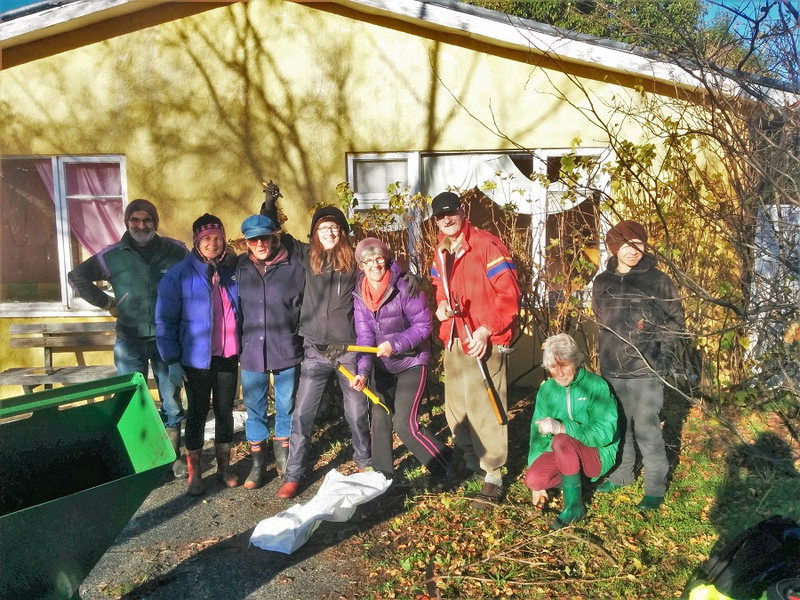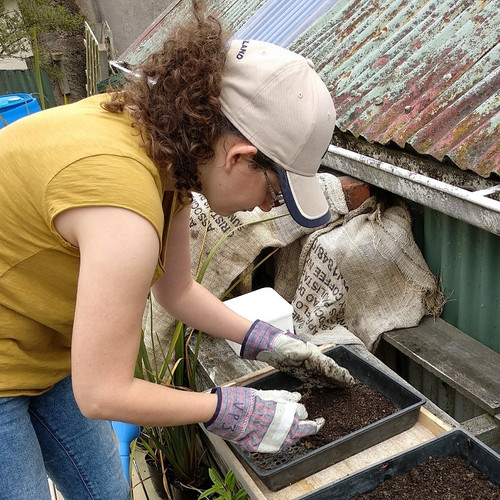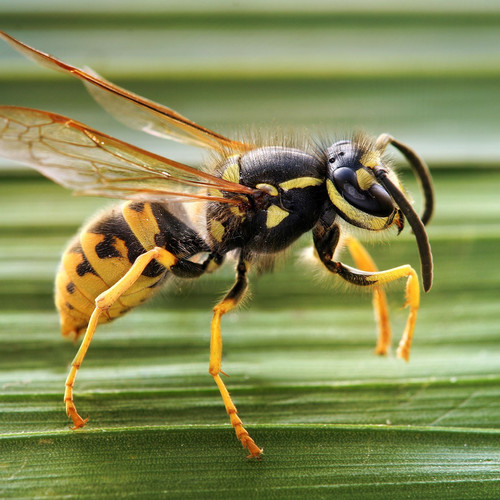More resilient communities
The Transition Valley 473 initiating group meets monthly to discuss how we can make our community more resilient in the face of climate change, environmental and economic threats.
We welcome new people to these meetings or to any of our activities. Contact Philippa on 473 9293 or see us on Facebook at ‘Transition Valley 473’.
community orchard
Our community orchard consists of fruit and nut trees and berry bushes planted on six different sites in Pine Hill and North East Valley.
Come and join a winter working bee to prune and mulch our trees! Phone Philippa 473 9293 or Joanne 021 325 695.
car share scheme
Do you want to be part of a neighbourhood car share scheme (car owner or not)? Phone Alex on 021 410 420.
Transition Valley has supported lower speed limits for parts of the Dunedin road network, including around the Gardens Corner. The NZTA’s online risk assessment tool for roads, Mega Maps, shows that for most urban areas, the safe and appropriate speed would be 30 to 40 km/hr. We’ll continue to argue for lower speeds where there is significant interaction across roads such as around schools, hospitals, the university and shopping centres.
plastic-free July
How can we reduce our use of plastic? One way is by buying in bulk in reusable containers, or making some things at home, such as yoghurt. We’ve included a recipe for you.
—Philippa Jamieson
How to make your own yoghurt
By Maureen Howard
1. Sterilise your container, stirrer and lid to kill the undesirables by pouring boiling water carefully over all the surfaces, including the screw-up edges. Mind your fingers!
2. Pour whole milk into a saucepan (1tbsp of yoghurt to 1L of milk) and heat until it scalds, i.e. bubbles just begin to form.
3. Allow to cool so it’s still warm but not too hot to hold your (washed) finger in – that’s 46ºC apparently!
4. Mix in 1 to 2 tablespoons of live natural yoghurt (store-bought or previous batch, live natural yoghurt has no sugar or flavouring added and is likely to list some of the bacteria present such as lactobacillus).
5. Pour it into the sterilised container and keep it warm for 8–12 hours (an EasiYo set-up works well, or a wide-neck flask).
Hey presto – yoghurt! Refrigerate and use within 1–2 weeks, remembering to keep some for your next batch.
I find I can repeat this 4–6 times before it goes slimy and I need to buy more yoghurt for the starter. You might be lucky enough to find a friend who has a starter that will keep on making good yoghurt forever.




